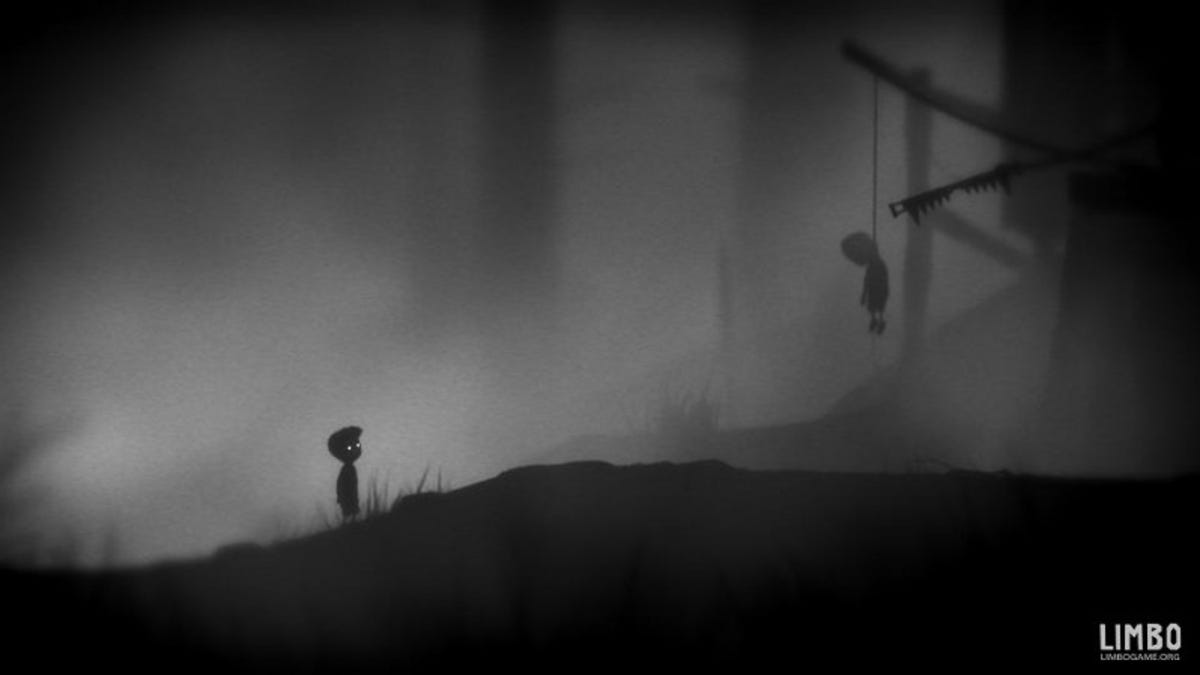Are video games art? 2010 edition
A collection of some of the more interesting (and perhaps self-indulgent at times) excerpts of my yearlong attempt to discern the artistic and cultural value, if any, of the games of 2010.

While the role of the professional critic in the realm of books, film, music, or art is well-established, for interactive entertainment the lines are less clear. As a (relatively) young medium, questions about how to actually write about video games are still being hashed out, by consumers, fans, bloggers, established media critics, and others.
The default to date has been to consider a work of interactive entertainment as a packaged consumer product--hence game reviews that focus on the number of levels, hours of gameplay, and other technical details. I am more inclined to consider a game as a cultural or artistic effort, which is perhaps how even a very mainstream entertainment-minded audience sees it, consciously or not (to not do so would be akin to judging a film such as "Apocalypse Now" by the number of explosions per minute).
Over the course of this year, as part of CNET's revolving brain trust of gaming experts (typically alongside my colleagues Scott Stein and Jeff Bakalar) I've endeavored to take that broader view, looking at how these games fit into the larger cultural landscape, and hopefully providing some useful context and analysis along the way. Whether I have or not is up to you to decide, and to that end, I've collected some of the more interesting (and perhaps self-indulgent at times) excerpts of my yearlong attempt to discern the artistic and cultural value, if any, of the games of 2010.
Film critic Roger Ebert has approached the issue from the other end, at first famously declaring that "video games can never be art," and later amending that to say, "in principle, video games cannot be art." Despite the torrent of replies Ebert has received, ranging from calm and rational to angry and hyperbolic, he's actually more correct than his detractors. Just because we can provide some cultural or artistic context for some games, doesn't mean the medium has done more than scratch the surface (or as Ebert describes it, these are primitive cave paintings compared with Michelangelo's ceiling of the Sistine Chapel.)
Click through the accompanying slideshowto see the worlds of Bioshock, God of War, and Fallout filtered through Ayn Rand, Joseph Campbell, and Cormac McCarthy, then add your voice to the debate by commenting below.

